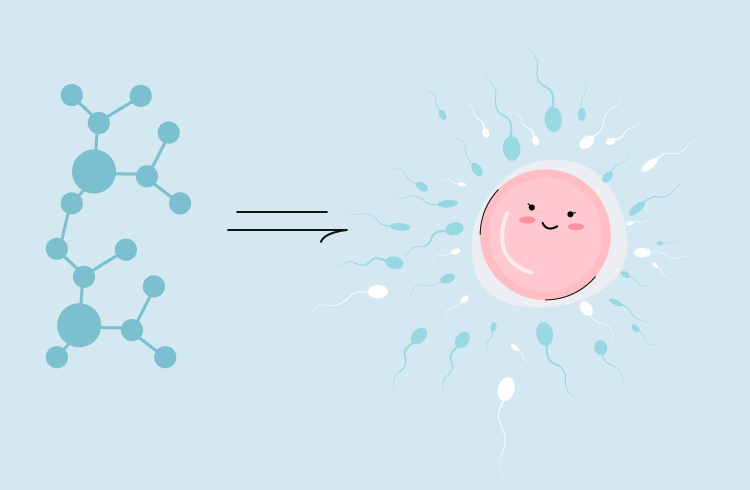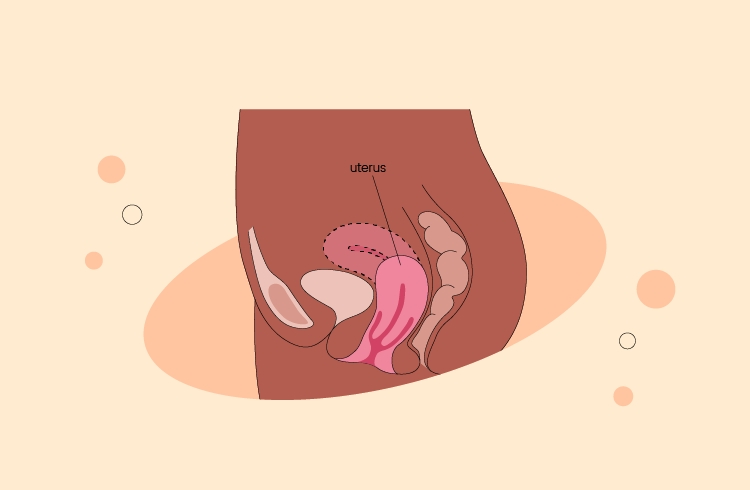Optimal nutrition is a key player when you're trying to conceive. What you eat can significantly impact your reproductive health and increase the chances of conception. A balanced diet rich in vitamins, minerals, and antioxidants supports overall well-being, creating a favorable environment for reproductive processes. Key nutrients like folic acid, iron, and omega-3 fatty acids play pivotal roles in reproductive health, influencing both male and female fertility.
For women, maintaining a healthy weight through nutritious choices is crucial. Being underweight or overweight can disrupt hormonal balance, affecting ovulation and menstrual regularity. Men, too, benefit from a nutrient-dense diet as it positively impacts sperm quality and motility.
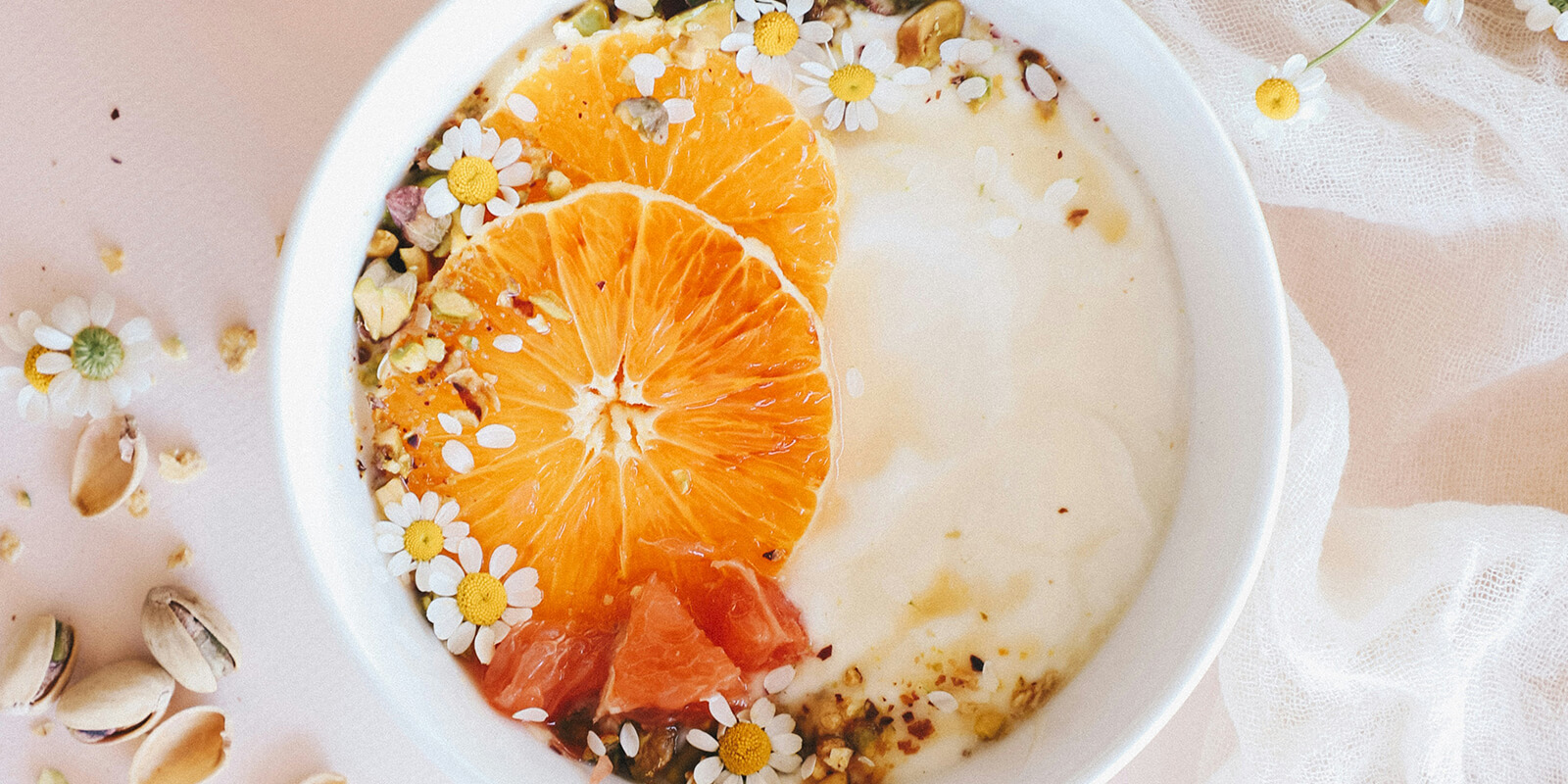
Beyond just fertility, a wholesome diet contributes to a healthier pregnancy and sets the stage for the development of a thriving baby. It's not just about getting pregnant but ensuring a robust start for the new life you're bringing into the world. Therefore, understanding the link between foods and fertility is a fundamental step toward realizing your dream of parenthood.
1. High Vitamin C Fruits and Berries
Fruits like oranges, strawberries, and kiwi are not only delicious but also packed with vitamin C. This antioxidant is known to improve hormone levels and increase fertility in both men and women. Vitamin C also helps combat oxidative stress, protecting reproductive cells.
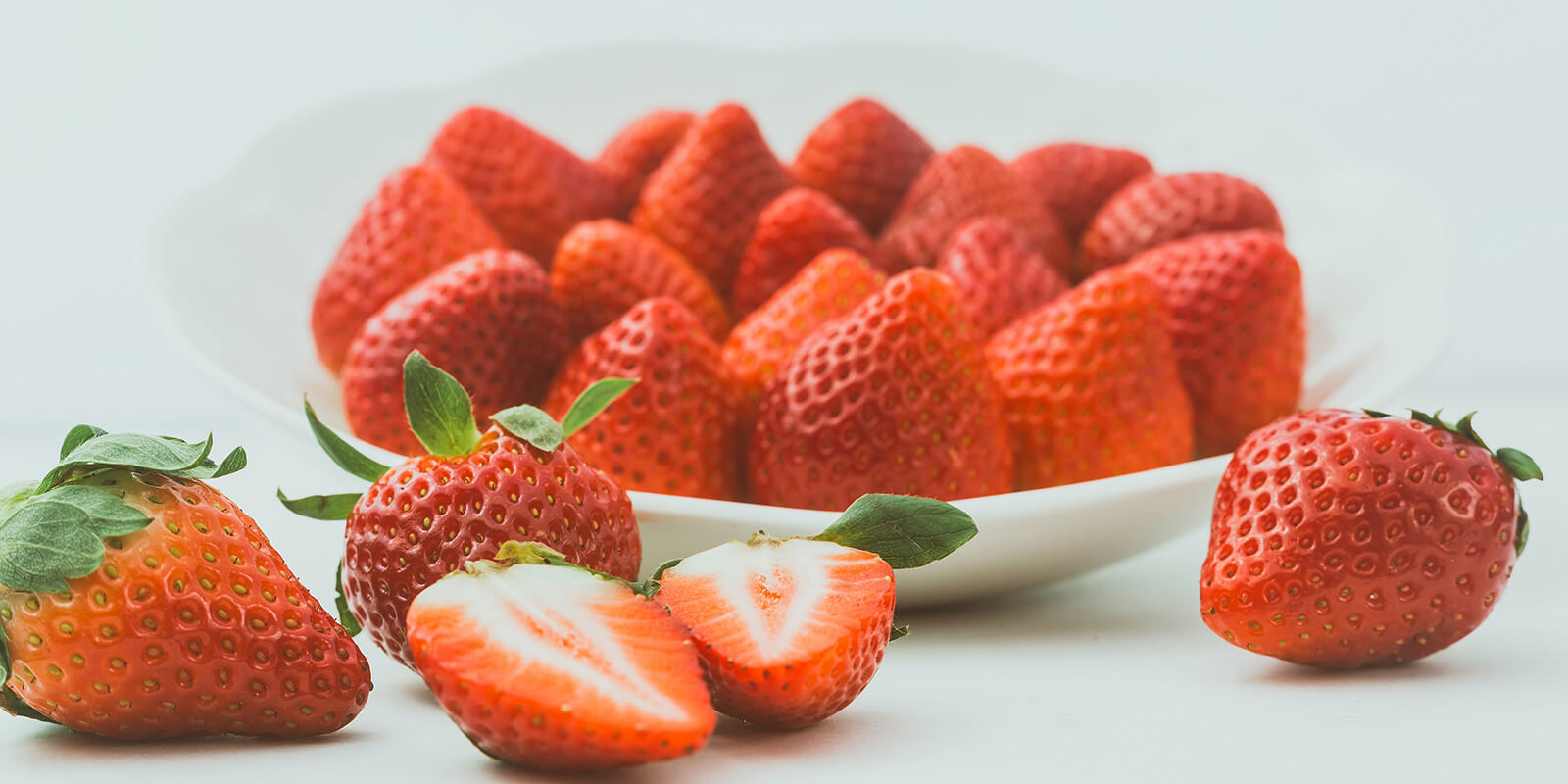
2. Dark-Green Vegetables
Dark leafy greens such as spinach, kale, and broccoli are rich in folate, a crucial nutrient for reproductive health. Folate helps prevent neural tube defects in the early stages of pregnancy, making these vegetables an excellent choice for those trying to conceive.
3. Fatty Fish, Especially Salmon
Salmon is a fantastic source of omega-3 fatty acids, which are essential for reproductive health. These fatty acids contribute to hormonal balance and are integral to the development of the fetus's nervous system during pregnancy.
4. High-Fiber, Low-Glycemic Carbs
Whole grains like quinoa, brown rice, and oats are high in fiber and have a low glycemic index. This helps regulate blood sugar levels, reducing the risk of insulin resistance and supporting healthy ovulation.
5. Protein-Rich Foods
Protein is a vital component for fertility, and sources like lean meats, eggs, and legumes are excellent choices. Adequate protein intake supports cell structure, hormone production, and overall reproductive function.
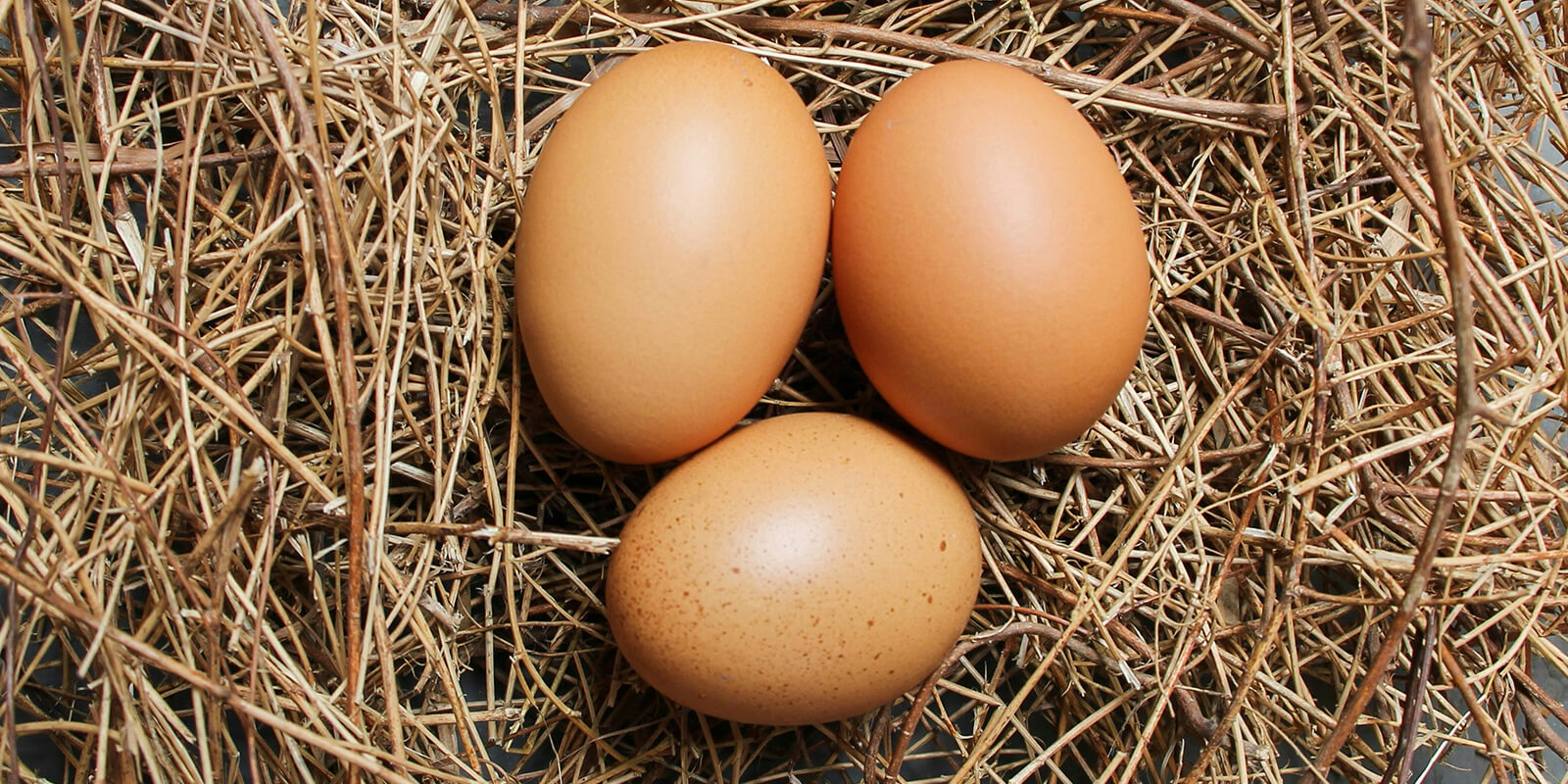
6. Unsaturated Fats - Olive Oil, Safflower Oil, Peanut Oil, and Corn Oil
Healthy fats, especially monounsaturated and polyunsaturated fats found in olive oil and other vegetable oils, positively impact fertility. These fats help regulate insulin sensitivity and reduce inflammation, contributing to a healthier reproductive system.
7. Beans
Beans, including black beans, lentils, and chickpeas, are rich in fiber, protein, and essential nutrients. They contribute to overall health and are particularly beneficial for reproductive function.
8. Non-Heme Iron
Plant-based sources of iron, known as non-heme iron, are found in foods like spinach, lentils, and fortified cereals. Iron is crucial for preventing anemia, which can negatively affect fertility.
Foods Need to Avoid
When it comes to fertility, certain foods may pose challenges on your conception journey. Consider minimizing or avoiding the following:
1. Soy Products
Soy contains compounds that mimic estrogen, which may interfere with hormonal balance. While moderate soy consumption is generally safe, excessive intake might be a concern.
2. Alcohol
Excessive alcohol consumption has been associated with fertility issues. It's advisable to moderate your alcohol intake or consider abstaining if you're trying to conceive.
3. High-Sugar Foods
Diets high in sugar can lead to insulin resistance, affecting fertility. Opt for natural sources of sweetness like fruits and limit your intake of sugary snacks and beverages.

4. Saturated Fats
Found in many animal-based products, saturated fats might negatively impact fertility. Consider leaner sources of protein and healthier fats.
5. Processed Foods
Foods high in preservatives, additives, and trans fats might disrupt hormonal balance, potentially affecting fertility. Aim for whole, unprocessed foods whenever possible.
6. High-Mercury Fish
Certain fish, like shark and king mackerel, can contain high levels of mercury, which may harm the reproductive system. Opt for lower-mercury options like salmon.
7. Caffeine
While moderate caffeine consumption is generally considered safe, excessive intake might affect fertility. Consider reducing your caffeine intake if you're trying to conceive.
A wholesome diet is the cornerstone of fertility and overall health, laying the groundwork for a successful journey to pregnancy and beyond. By embracing fertility-friendly foods and steering clear of potential obstacles, you not only enhance reproductive well-being but also set the stage for a healthy and vibrant pregnancy. Your dietary choices contribute significantly to creating an optimal environment for conception and nurturing a future bundle of joy. Prioritizing a nourishing lifestyle is not just a path to parenthood; it's a commitment to the well-being of both you and your potential little one.
This article is the original creation of Femometer. All rights reserved by Femometer Inc. To reproduce, distribute, or reference the content, please reach out to us in advance to prevent any potential legal issues. Copyright © Femometer Inc.





